On a typical day, every student at PKS brings or buys their own lunch, and each student brings their own culinary and cultural traditions to the table. About four years ago, a PKS parent saw a golden opportunity for learning and sharing. Could we create a regular occasion to share family traditions with classmates? How would students react to sitting down together for a joint “Formal Lunch” -- could they even motivate each other to learn and practice table manners?
Generosity
Family Profile (The Patel Family)
Art at PKS
Art fits naturally within the progressive model; it is the product of experiential learning. When I develop the art curriculum, I don’t just look at what children should know about art and where they should be developmentally. I try to incorporate projects that allow for personalization and inquiry. Art should do that.
Social-Emotional Learning at PKS
We all know that “education” is more than the gathering of facts and knowledge (and in the case of PKS, two languages). Social and emotional development are equally fundamental, and multiple studies demonstrate that integration of social and emotional learning (SEL) programs in school pave the way for better academic learning: they teach children skills that are intimately linked with cognitive development, helping them be focused, attentive, motivated, engaged, and confident in their learning.
Independence
Fourth Grade Migration Presentation
Second Graders Celebrate San Francisco
Building Our Classroom
Fourth grade students found a surprise on the first day of school this year: the walls of their classroom were bare, and furniture stood in the middle of the space along with some classroom technology equipment. An accidental oversight? Not at Presidio Knolls. As one student put it, “The teachers are trusting us to figure out how to design the classroom - this is awesome!”
Habits of Character
To promote strong social-emotional connections and mindfulness at PKS, we look for ways to intentionally build “habits of character” in our students. Our Habits of Character were developed through ongoing collaboration among students, teachers, and staff at PKS; they are traits we hope our children will grow to value and incorporate into their lives.
Each month we focus on building a particular habit across the entire school. In September, for example, we focused on being responsible (有责任感). In October, we are focusing on being independent (独立自主).
Family Profile (The Fung Family)
Parents Night Out
On Saturday night, PKS families gathered under the big tent for Parents Night Out (PNO), our annual excuse to spend some time at school without the kids. Normally, the tent is a boisterous place, with simultaneous basketball and soccer games alongside tag, jump rope, and other fast-paced activities. For PNO, it’s transformed by creative parents into a elegant nightspot, complete with Chinese lanterns, holiday lights, decorative saplings, quality wines, a whole pig, and made-to-order waffles.
Mandarin Immersion at PKS
In the progressive environment, teachers describe what they see in the classroom instead of praising. This has at least two powerful effects: primarily, it allows students to make self-evaluations. For example, teachers might say, "I notice that you used green to draw the leaves and pink to draw the flowers," instead of "that's beautiful, good job." Students are free to evaluate their own work because we have not evaluated it for them, and we provide further encouragement to do so. Adding to the above example, a teacher might then ask, "what colors do you think you will use to show difference between the ripe fruits and the fruits that are not yet ripe?" This kind of question encourages a student to take stock of where they are in their process.
Progressive Learning at PKS
Without a doubt a school can be a progressive school and a language immersion school. There’s nothing about language immersion that limits our ability to implement progressive or vice versa. One specific example: repetition and daily practice of characters is an important part of learning Chinese. A progressive approach would be to consider: what is the appropriate amount of time for a 3rd grader to engage in this practice, and how do we make it as engaging and enjoyable as possible? There is no one strategy that is cancelled out by progressive – it’s about weighing kids’ developmental needs to create a well-rounded approach.
Preschool Curriculum Night
Preschool parents gathered at Presidio Knolls on Thursday for our annual curriculum night. As usual, passive listening was not on the agenda! Instead, parents were up to their elbows in blocks, sticks, clay, yarn, and paint, creating personalized “objets” for their children to appreciate throughout the school year.

